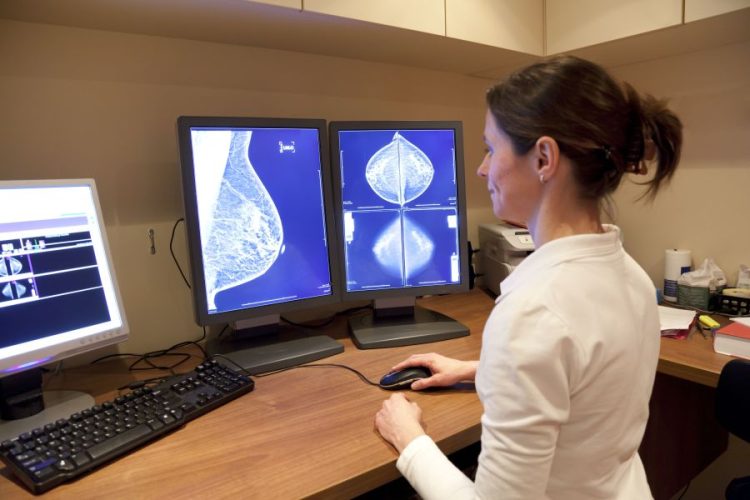The Impact Of Artificial Intelligence In Transforming Breast Cancer Detection

Categories :
In a recent article published in Cureus, researchers provide a deep examination of how healthcare professionals use AI-powered mammography, shedding light on its potential to revolutionize breast cancer screening. The study explores how AI, particularly deep learning (DL) algorithms, holds the key to more accurate and efficient breast cancer diagnosis.
Breast cancer remains one of the most common and life-threatening diseases among women worldwide. Early detection is crucial for effective treatment and improved health outcomes. Enter the use of Artificial Intelligence (AI) to combat this detrimental disease, where groundbreaking advancements are reshaping how and when breast cancer is detected.
Chelsea Alves, a consultant with UNMiss, shares her thoughts on how this advancement in healthcare technology can impact the greater public and those who are impacted by breast cancer specifically,:
“We're witnessing a phenomenal shift in breast cancer detection that has never been seen before. AI-powered mammography holds immense promise in saving lives by identifying breast cancer at its earliest stages which ensures women can access treatment as soon as possible before the disease spreads further. The adage ‘AI holds the power to transform the world’ holds true in this use case.”
Key findings
The study findings reveal that while traditional computer-aided diagnosis (CAD) methods have exhibited precision limitations, the emergence of advanced AI, particularly deep convolutional neural networks (CNNs), has significantly transformed the landscape. These sophisticated algorithms are revolutionizing mammography by vastly improving its capacity to identify cancerous lesions with unparalleled accuracy. Moreover, AI-driven technologies, which have received approval from the U.S. Food and Drug Administration (FDA), are heralding a groundbreaking era in radiology, offering promising prospects for enhanced diagnostic capabilities and patient care.
The study, however, calls for further research and validation to fully maximise the potential of AI in clinical practice. By leveraging the promise of AI, researchers aim to enhance diagnostic efficiency and ultimately save more lives through early detection.
The implications of this research extend beyond the early detection of breast cancer, showcasing AI's potential to transform medical imaging and disease diagnosis across various specialities. As AI continues to evolve, the future of healthcare becomes a little bit brighter, holding endless possibilities for innovation and improved patient outcomes as technology continues to become better.
It’s important to consider that as AI technology becomes more integrated into clinical practice, it is essential to prioritise patient privacy and data security. The study highlights the need for robust data governance frameworks and ethical guidelines to ensure the responsible and transparent use of AI in healthcare. Healthcare providers must address these ethical considerations to continue to build trust among patients and ensure technology, such as AI-powered breast cancer detection, helps improve patient outcomes with the appropriate safeguards in place.
Citiesabc was created by a team of global industry leaders, academics and experts to create new solutions, resources, rankings and connections for the world’s top cities and populations.










